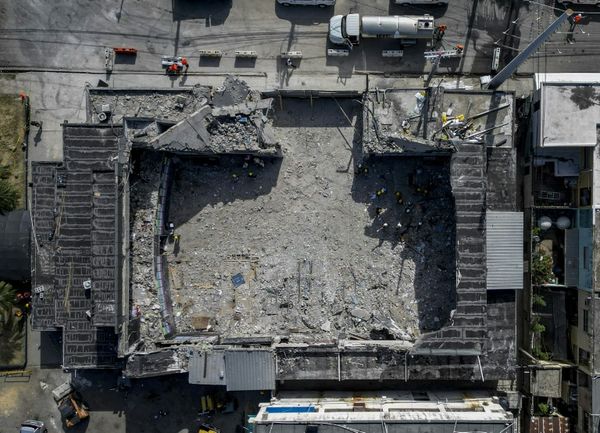Close on the heels of the Deoband Darul Uloom’s circular asking its students not to learn English failing which they would be expelled from the campus, the National Commission for Protection of Child Rights (NCPCR), wrote a letter on Thursday to the District Magistrate (DM), Saharanpur, to take action against the education department of the Deoband for issuing such an order.
“Your attention is once again drawn to such kind of unlawful and misleading notices being issued by Darul Uloom wherein rights of children are blatantly disregarded. The recent notice threatens the students of severe consequences which is violation of Section 17 of RTE Act, 2009 which prohibits physical punishment or mental harassment to any child,” reads the letter issued by NCPCR chairperson Priyank Kanongo.
It added that the circular also violated Section 75 of the Juvenile Justice Act, 2015 for cruelty against children that states that whoever is having the actual charge of, or control over, a child, assaults, abandons, exposes or willfully neglects the child or causes or procures the child to be assaulted, abandoned, abused, exposed or neglected in a manner likely to cause such unnecessary mental or physical suffering shall be punishable. The NCPCR chief asked the DM to take immediate action in the matter and ensure that the circular was withdrawn at the earliest.
Earlier, Maulana Hussain Hardwari, who is in charge of the education section of the Deoband, issued a circular restricting the students from studying English or any other languages while being enrolled in the institute. “Any student found in violation of this restriction, or secretly engaging in language study, will face expulsion from the institution. Also, the students found absent from classrooms or leaving before the completion of their classes will face severe consequences,” read the circular issued in Urdu. It led to an uproar, with the NCPCR, describing it as binding children in conservatism, banning them from studying modern subjects.
Darul Uloom Deoband is a well-known Islamic seminary in Uttar Pradesh from where the Deobandi movement began. It was established by the Indian Muslim theologians in the wake of the failure of War of Independence in 1857 and focuses on reforming and uplifting Muslim society while preserving its culture.







